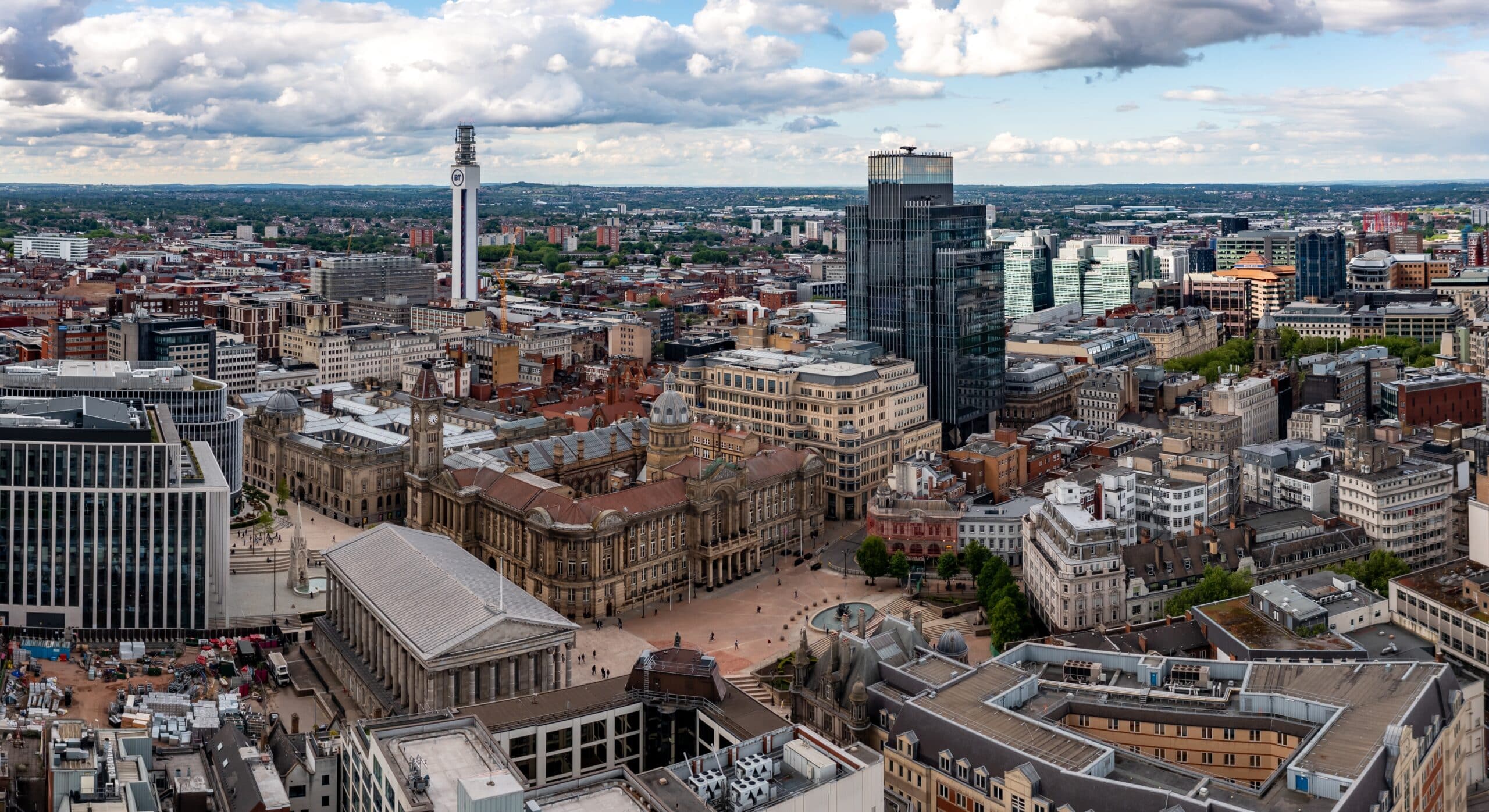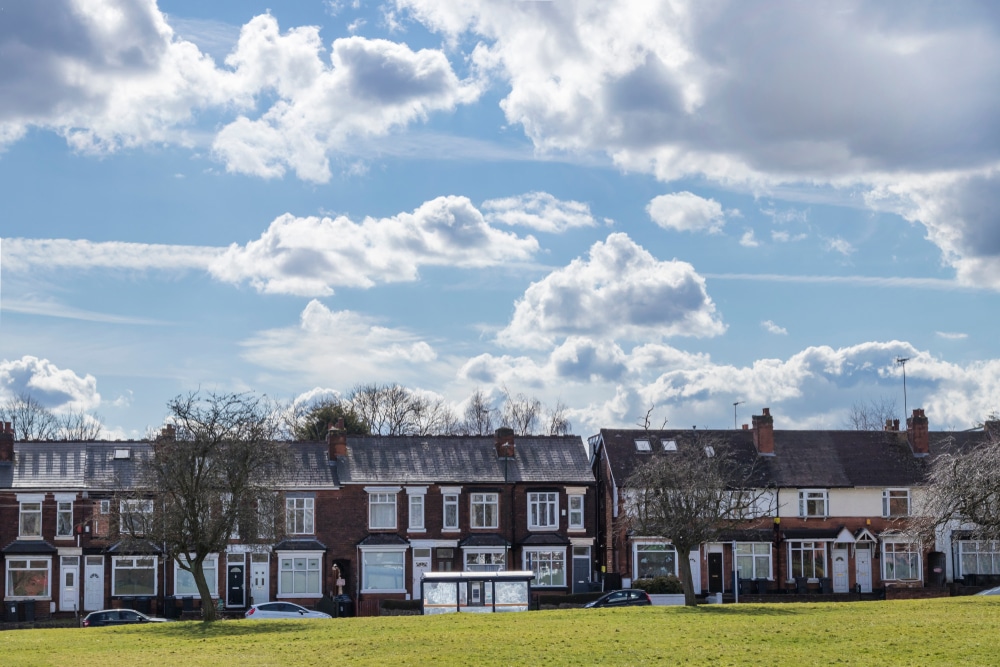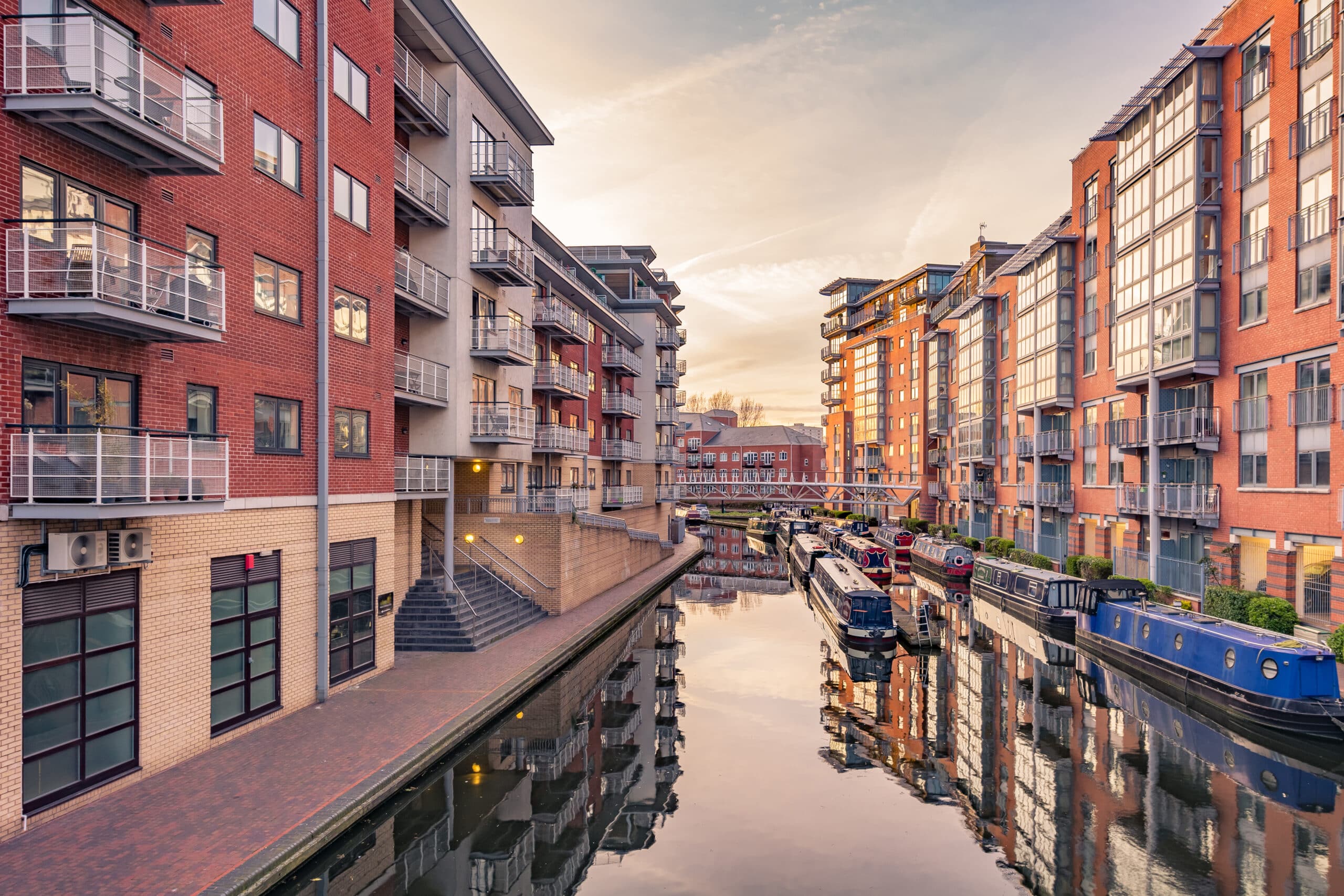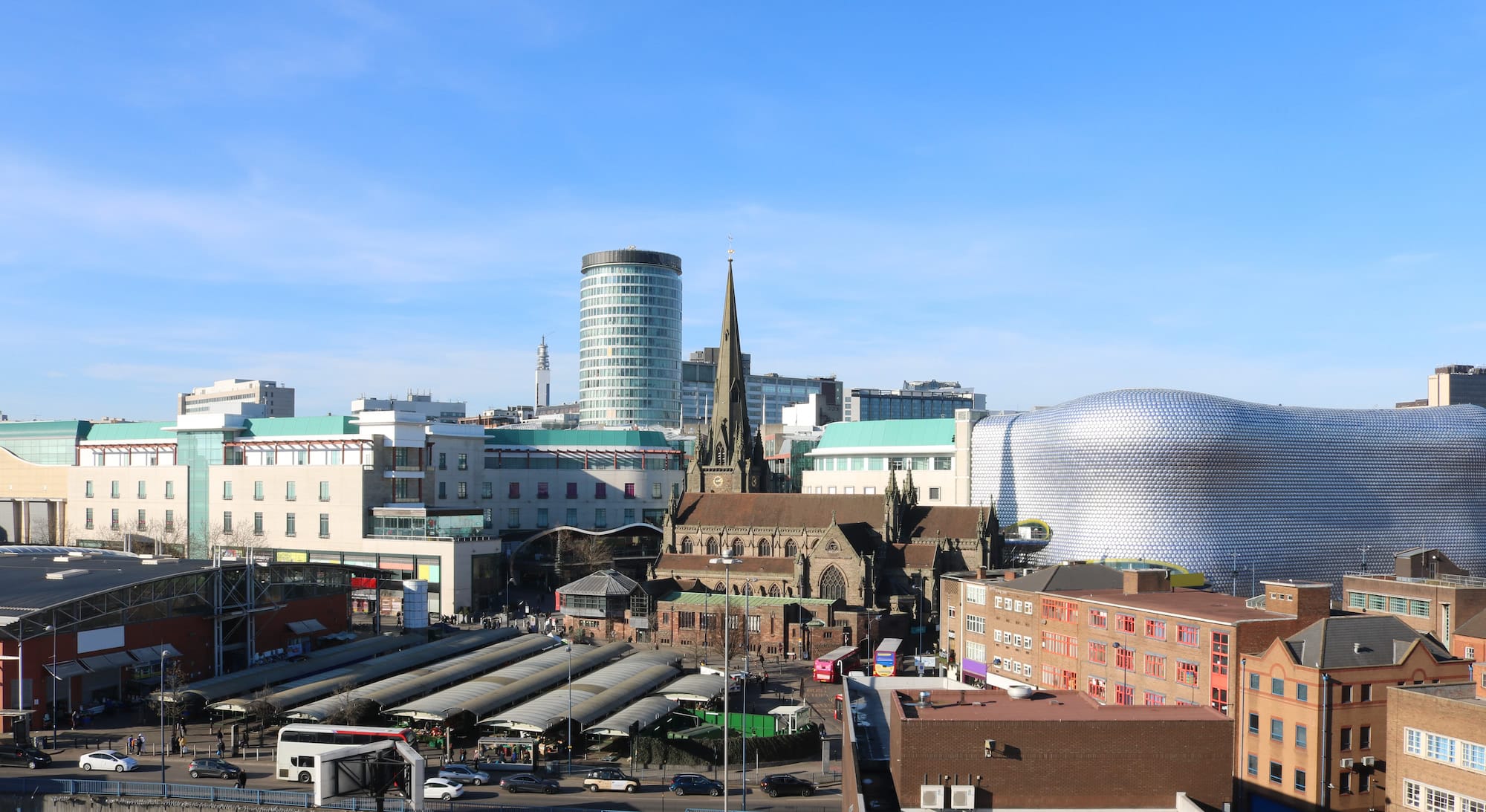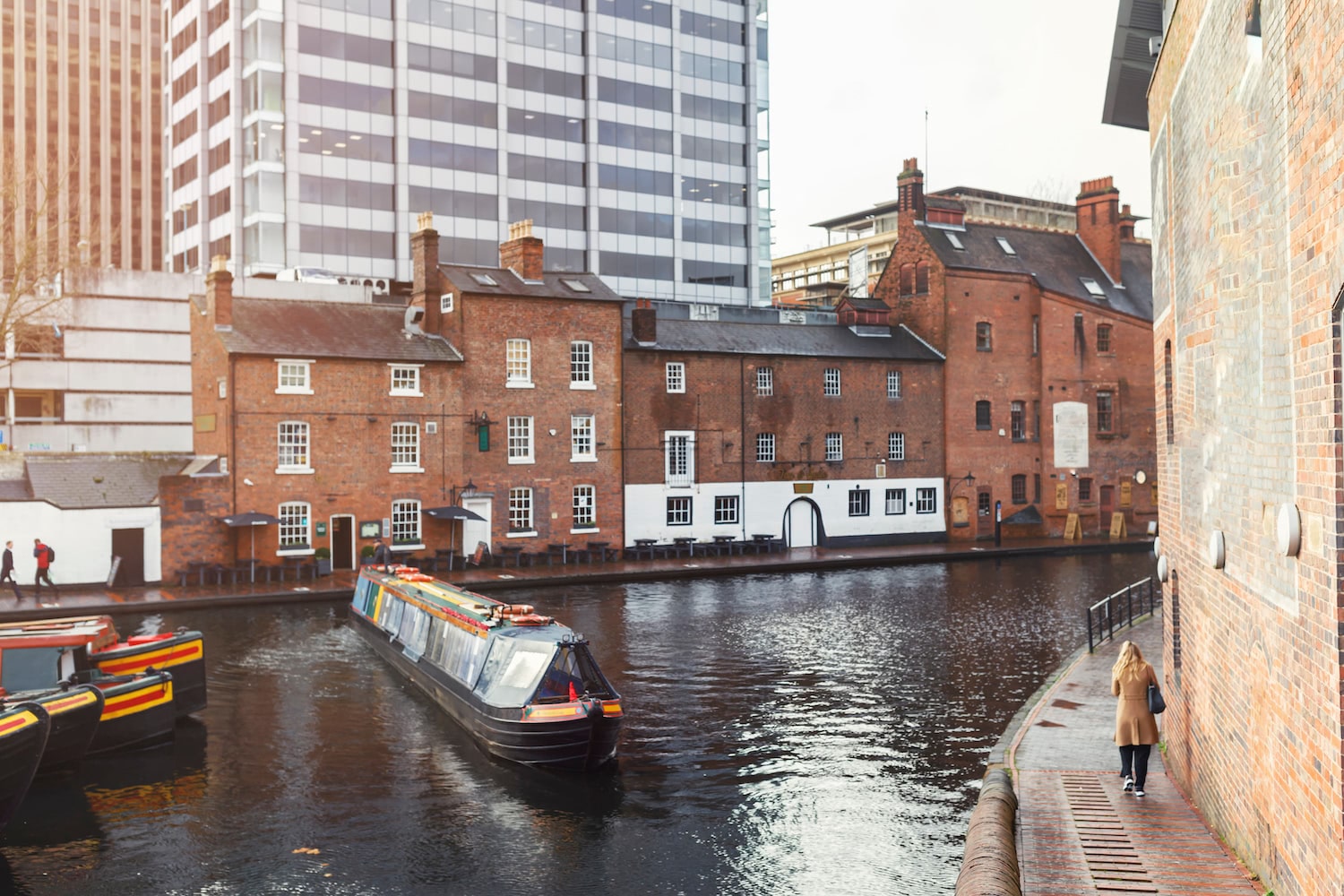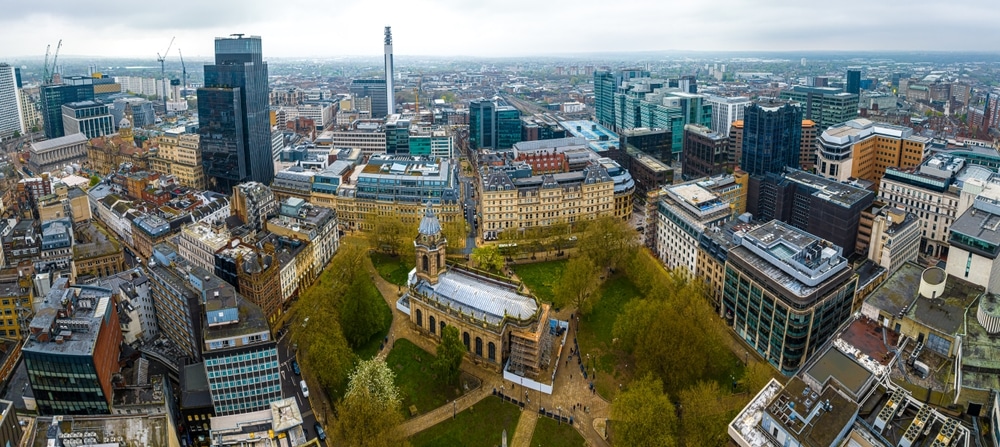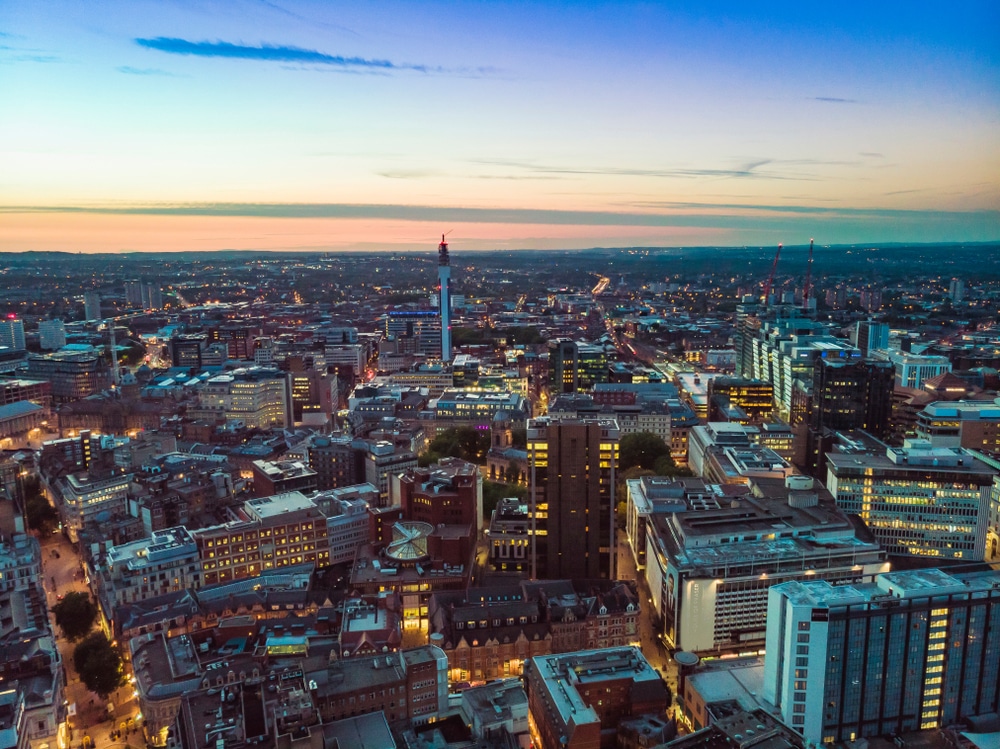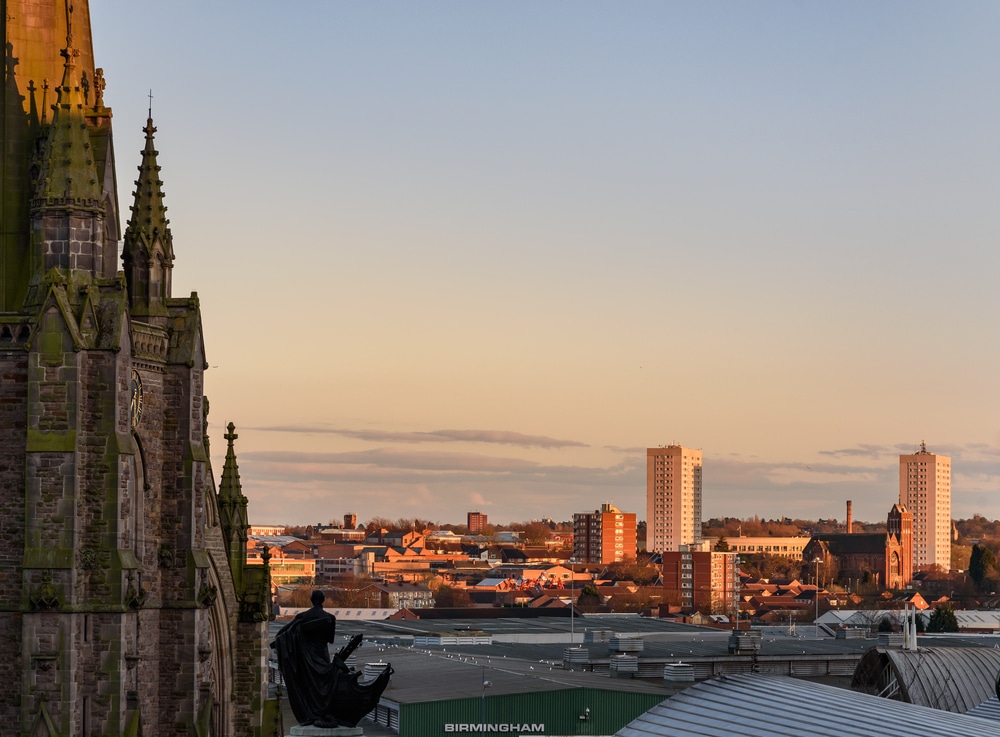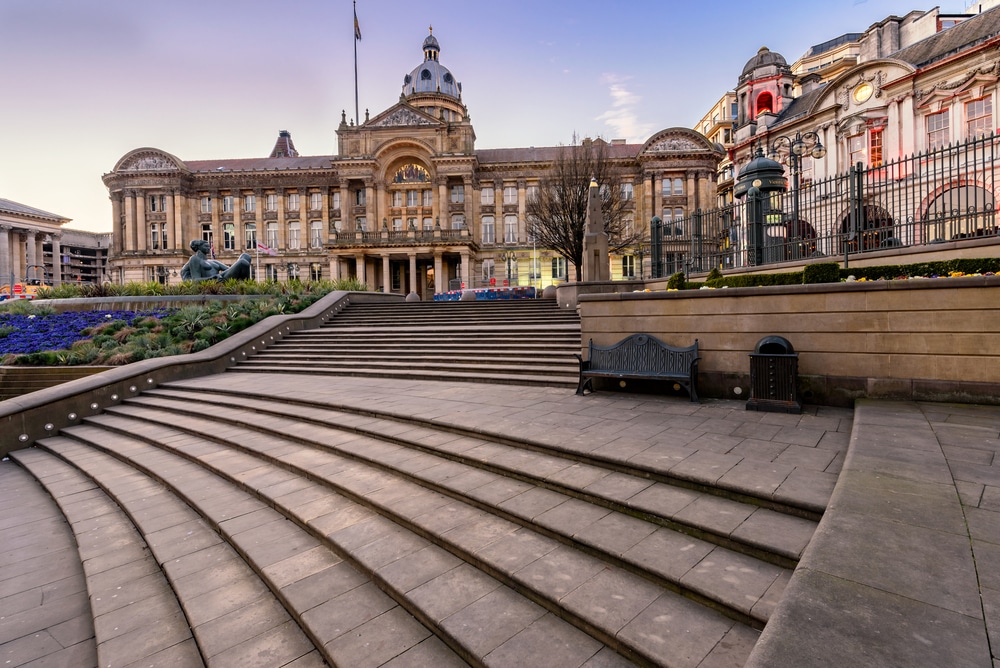England’s second city Birmingham is, like most parts of the UK, seeing a change in property prices after many years of continued, unrelenting growth. In light of economic challenges such as high inflation and rising interest rates, there’s a prevailing belief that house prices might experience a nationwide decrease into 2024 and beyond. However, this forecast remains speculative, with many opinions mixed now that interest rates and inflation tipped to have peaked.
This potential shift raises intriguing questions about the local impact on Birmingham’s property market for buyers and sellers. Will Birmingham’s housing market mirror the national trend with a decline in prices, or will it demonstrate resilience, possibly even continuing growth?
Let’s take an in-depth look into Birmingham and see what the property market is looking like for first time buyers, investors or anyone looking to sell house fast and want to use the services of cash house buyers like We Buy Any Home.
Current Property Market
Birmingham’s property market has seen significant activity in the last year. The average property price stood at £269,049, with semi-detached homes leading sales at an average of £278,930. Terraced properties and flats followed, averaging £219,757 and £163,961 respectively. Compared to the previous year, prices rose by just under 2% and showed a 13% increase from 2020.
Time to Sell
Shifting the focus to selling durations, the past 90 days saw the sale of 2,496 properties in Birmingham. On average, properties were sold within 111 days, indicating a selling period of just under four months. It’s noteworthy, however, that these selling times tend to vary depending on the property’s price bracket.
For properties priced under £100,000, there was an average selling time of 116 days. In the £100,000 to £200,000 range, 856 properties sold, taking an average of 121 days to sell. For those priced between £200,000 and £300,000, 936 properties sold with an average selling time of 99 days.
In the £300,000 to £400,000 bracket, 305 properties were sold, averaging 93 days on the market. For properties priced between £400,000 and £500,000, there were 105 sales with an average selling time of 137 days. In the higher price range of £500,000 to £1,000,000, 107 properties were sold, taking an average of 145 days to sell.
At the upper end of the market, for properties over £1,000,000, there were 11 sales with an average selling time of 80 days. This data shows a clear trend: properties at the lowest and highest price bands in Birmingham tend to sell faster than those in the mid-price ranges.
Average House Price
The average house price in Birmingham has recently increased to £279,920, surpassing the national average. This rise of 1.4% is indicative of a robust market, demonstrating the city’s appeal and the high confidence of sellers and buyers alike.
Projected Property Market
Over the next five years, Birmingham’s property market is forecast to grow consistently, with an expected total increase of 19.2% by 2027. This growth outpaces the predicted national average and is anticipated to start with a 1% rise by the end of 2023, followed by gradual increases each year.
Reasons for Potential Price Growth
Birmingham’s property market growth is driven by extensive regeneration projects throughout the city, focusing on remodelling with new parks, green spaces, and improved public transport at the regeneration’s heart. The addition of the £106 billion HS2 line to Curzon Street in 2026 will enhance connections to London, while a £1.3 billion investment will triple the size of the Midlands Metro, introducing the UK’s first battery-powered trams. The Sprint Bus Network also received £100 million to improve local travel times. An exciting time indeed!
Planned Developments in the City
Significant developments are also in the works elsewhere, including Arena Central, which will provide over 1 million sq ft of mixed-use development, Centenary Square’s enhancement for public events, and the £260m Upper Trinity Street Digbeth scheme. The ambitious Birmingham Smithfield project reimagines 17 hectares for mixed-use including retail and leisure as well as property, and the Paradise development is bringing new businesses, offices, retail, and dining to the city.
Birmingham’s Evolving Landscape
Birmingham’s landscape is transforming with developments like the £600m New Street Station, getting itself ready for the controversial HS2 rail network, the £50m Mailbox luxury shopping centre, and £150m Resorts World Birmingham. These developments are part of Birmingham’s ongoing evolution, reflecting its history of innovation and ambition, aiming to make the city a leading investment hotspot throughout the Midlands and nationwide.
